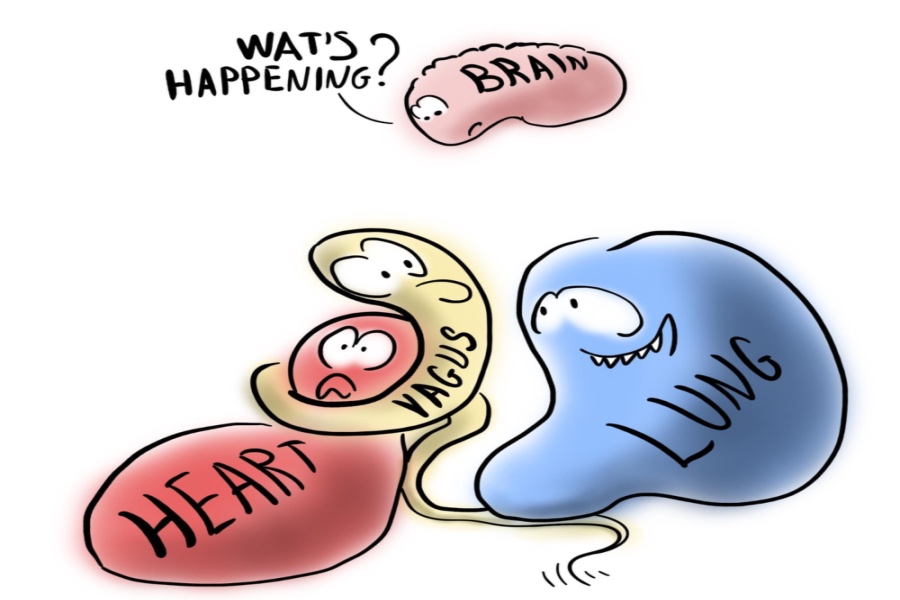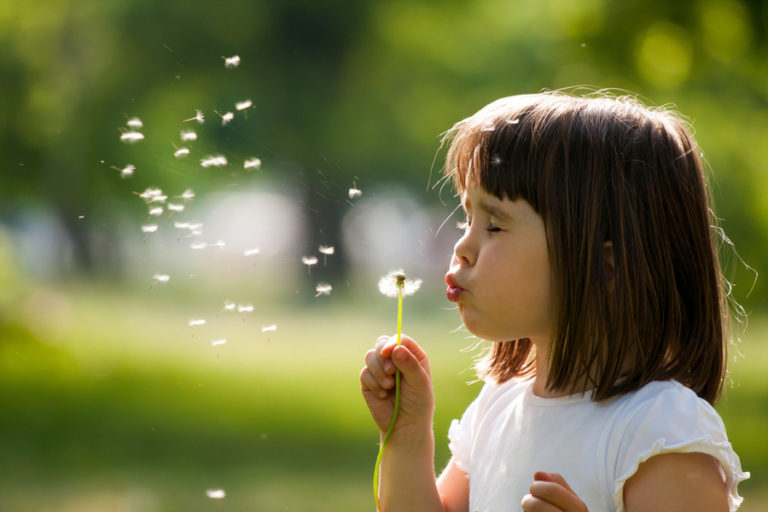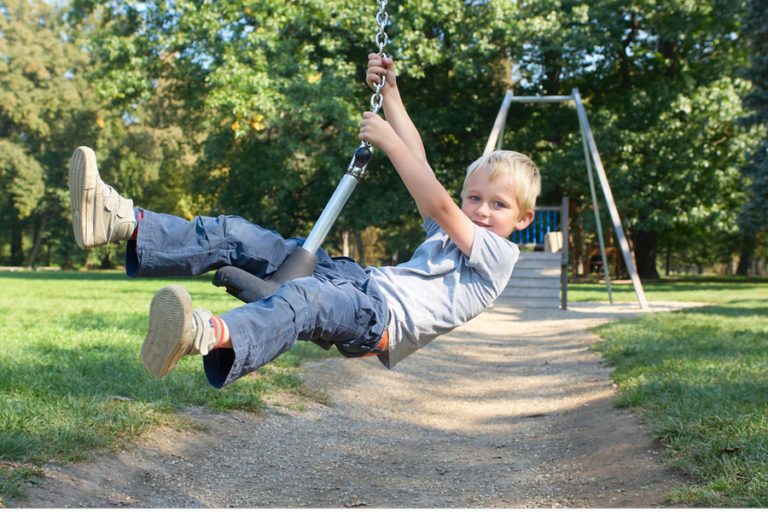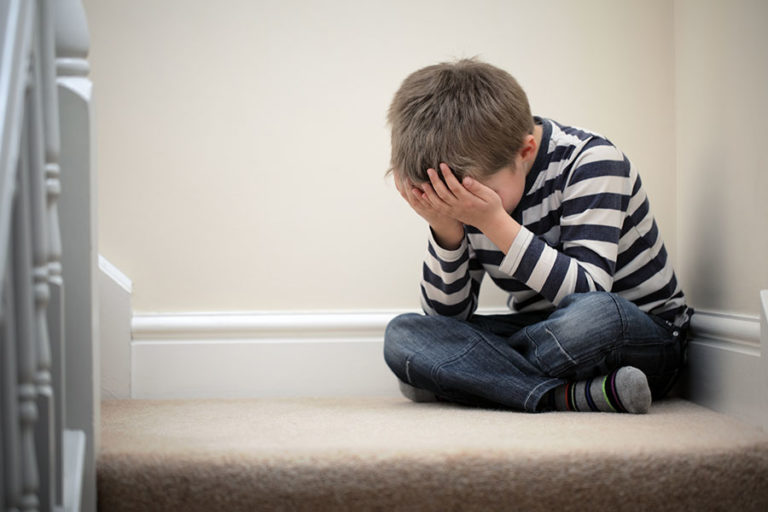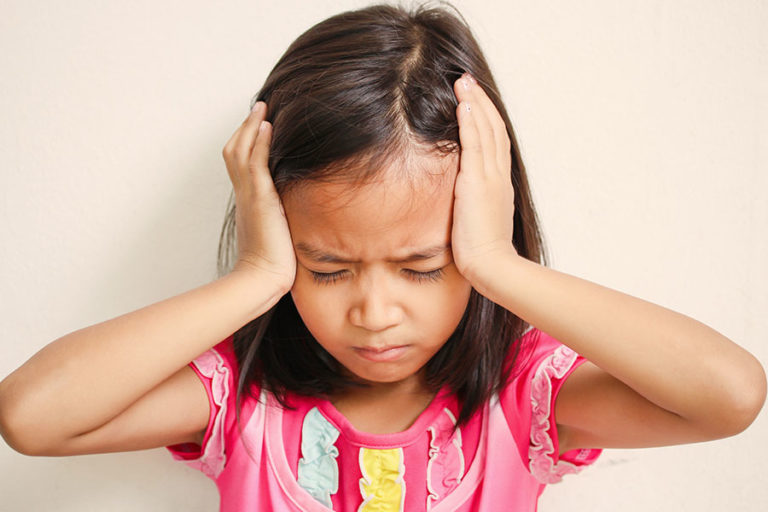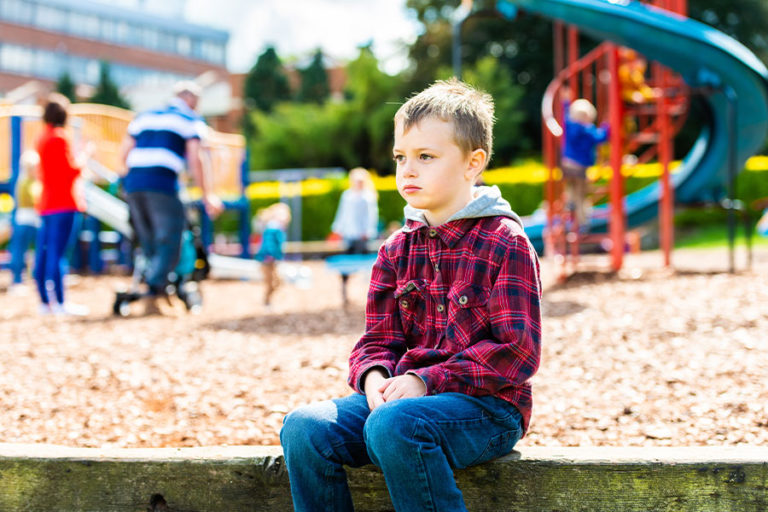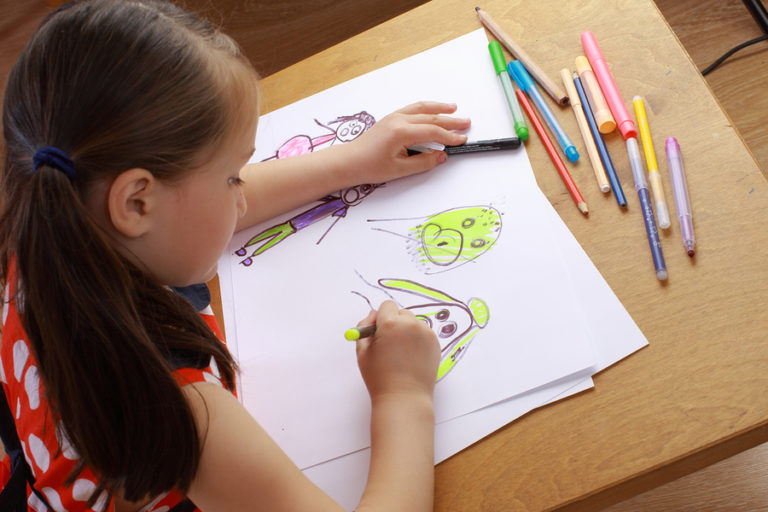Why your vagus nerve is important
*Note – this article is not medical advice, and should not be used as such. It is for information purposes only. We don’t often talk about our vagus nerve, but this incredible nerve is central to so many issues that arise in coaching and therapy. The Vagus Nerve influences our mood, emotions and overall well-being […]
Why your vagus nerve is important Read More »

